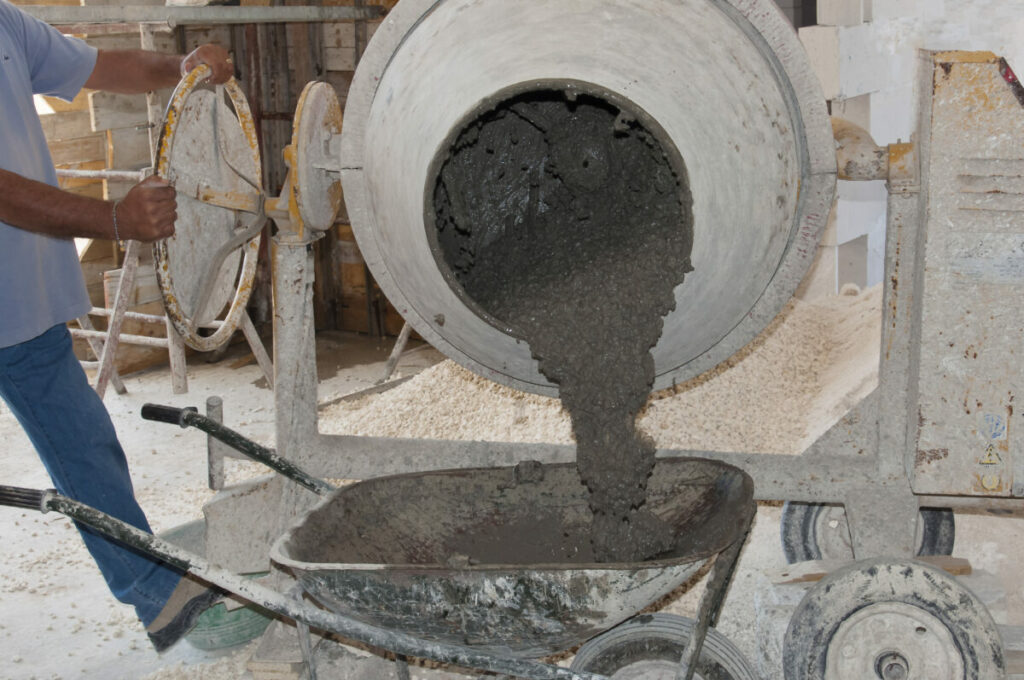AI could reduce the annual carbon footprint of the built world by 50% by 2030, says a new report.
The new report, published by global proptech venture capital firm Pi Labs, is called ‘Sustainably Intelligent: AI for a Greener Built World’.
The research report says it has uncovered new details about the “transformative impact” that artificial intelligence will have on cutting carbon impact in the real estate industry and built environment.
In the report, Pi Labs calculated the carbon reduction potential of AI to reduce the built world’s environmental footprint. It found that 5.81 to 6.46 gigatonnes CO2-e of greenhouse gas (GHG) emissions can be avoided annually by 2030 with industry-wide adoption of just four AI use cases.
This would offset the entire annual carbon footprint of the United States—the world’s second-largest GHG emitter – according to 2022 figures.
Subscribe to Sustainability Beat for free
Sign up here to get the latest sustainability news sent straight to your inbox every day
However, the research also explored how enhanced AI use within the real estate sector might conversely increase the industry’s carbon footprint.
Calculations were undertaken to ascertain the energy consumption and carbon emissions that would result from every real estate professional using generative AI such as ChatGPT-4 for an hour each day.
In the European Union and UK, this would result in 75,385 kWh of energy demand each day, equivalent to 22.46 tonnes of CO2-e emissions daily. Over a year, this would be the equivalent of 4,099 airline passengers taking a round trip between New York and London.
Globally, the figure is 516.6 tonnes of CO2-e emissions daily, or 94,280 airline passengers taking a round trip between New York and London each year.
Pi Labs head of research Luke Graham said: “ According to venture funding data from 2023, there is already significant investor interest in AI driven green solutions aimed at the built environment, however there is the potential to drive this figure up yet further with a clearer understanding of the positive climate impact and growth potential of these technologies.
“The good news is that the pace of AI innovation being achieved since the launch of ChatGPT in late-2022 can be put towards significant climate change mitigation by 2030 and as always, the early adopters within the real estate world are set to benefit the most.”
AI could mitigate up to 5 to 10% of global greenhouse gas emissions by 2030, according to a report from Google and Boston Consulting Group.
The Advertising Standards Authority (ASA) chief executive Guy Parker has claimed that artificial intelligence (AI) tools could help counteract the increased use of unverified climate buzzwords for products.















